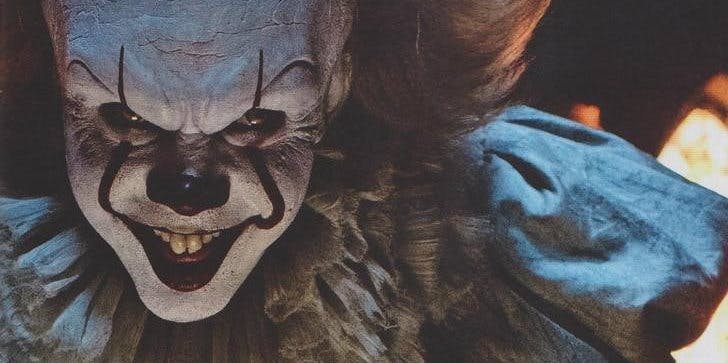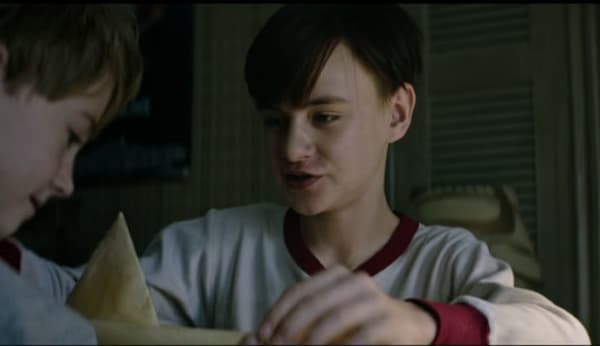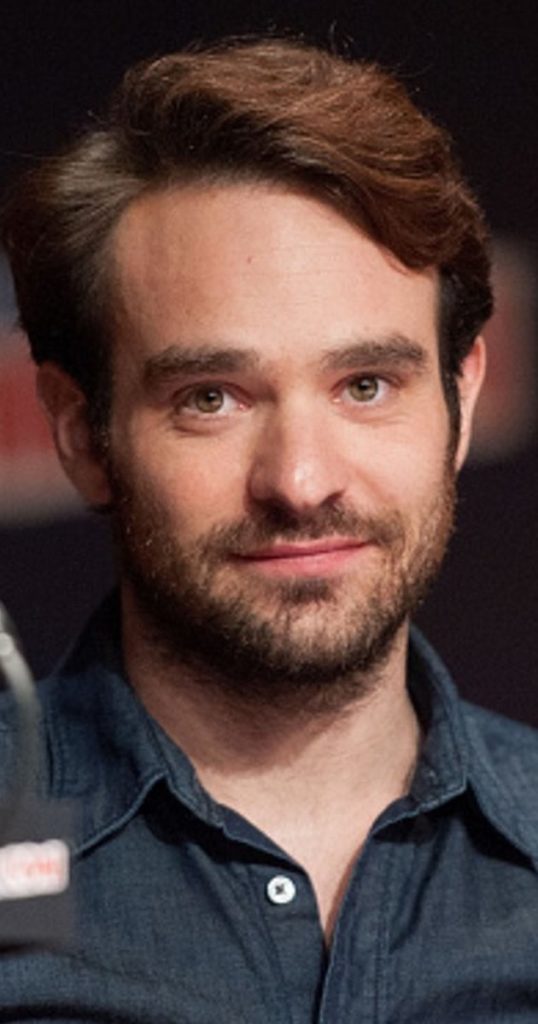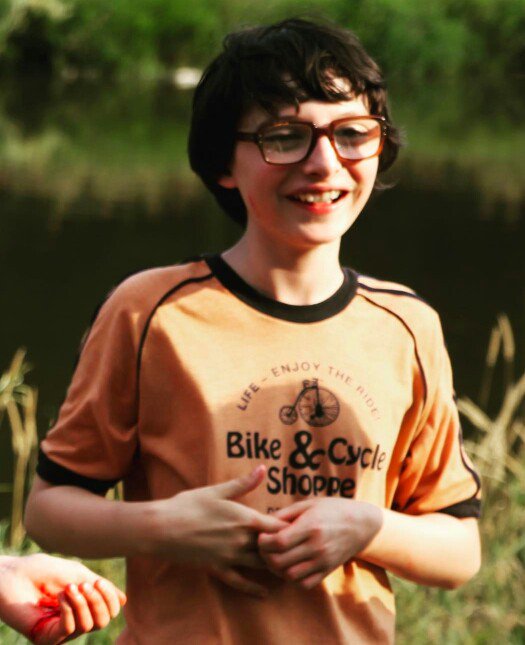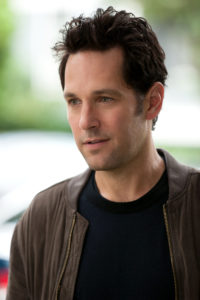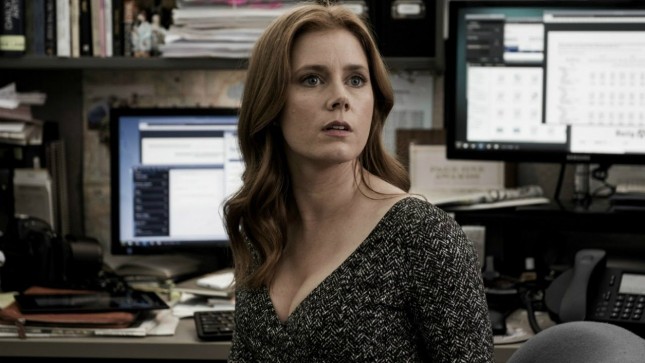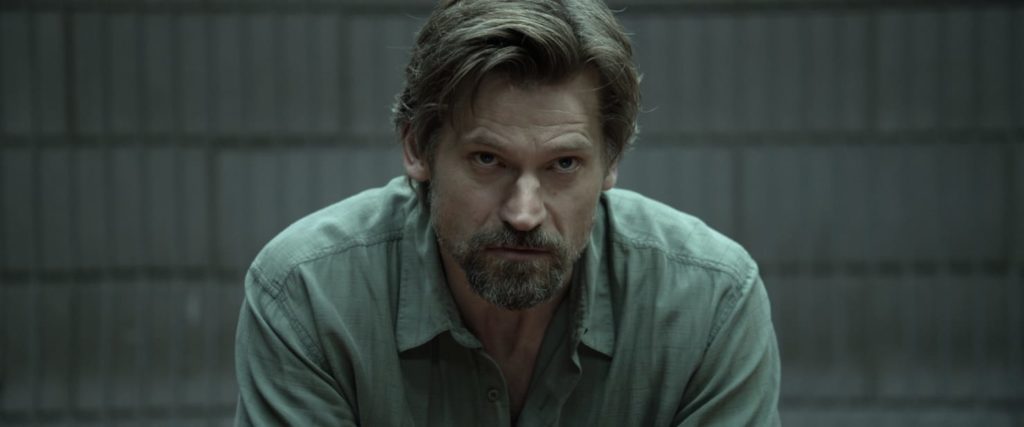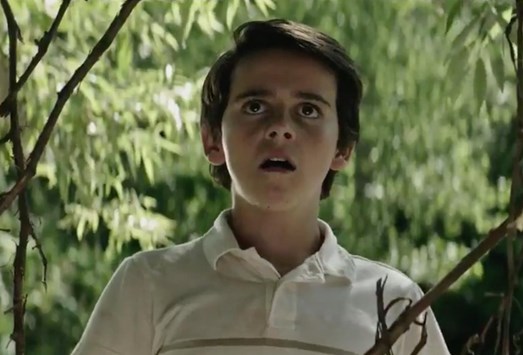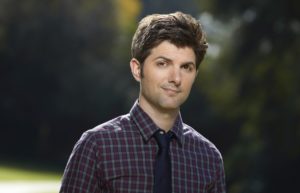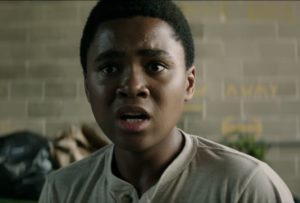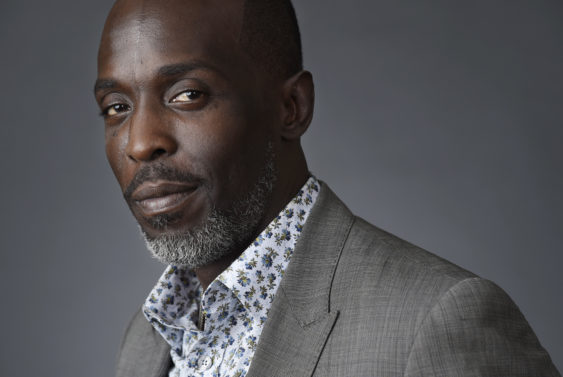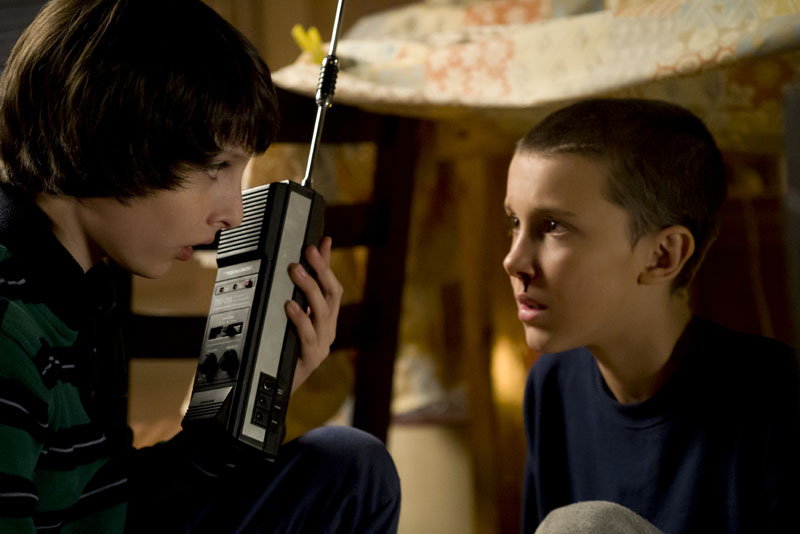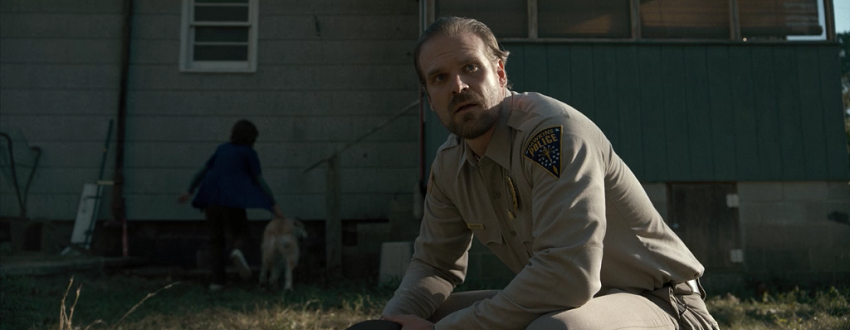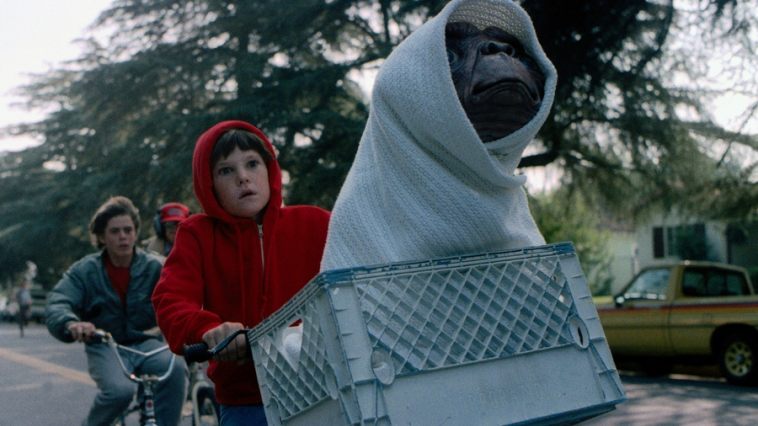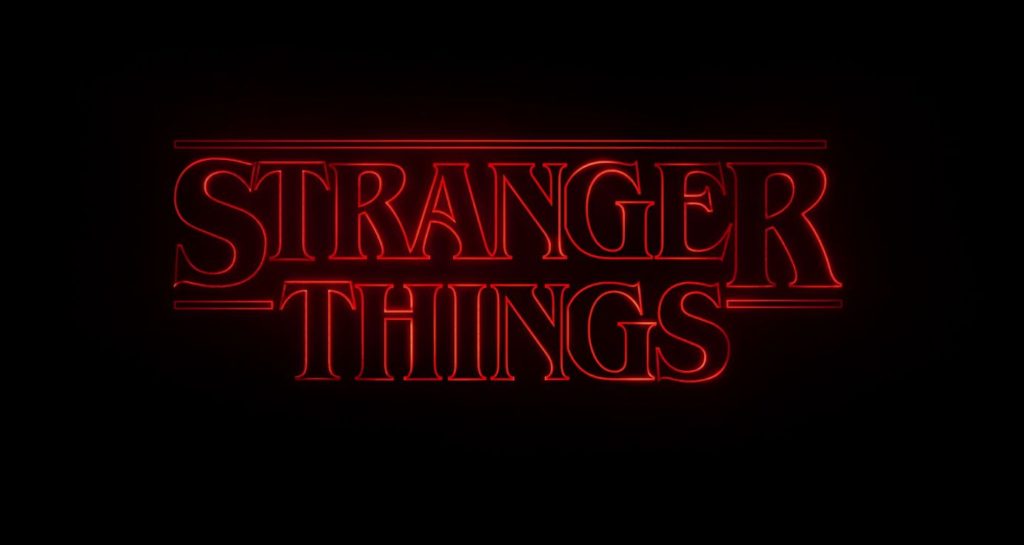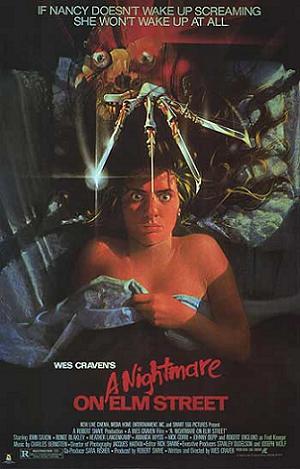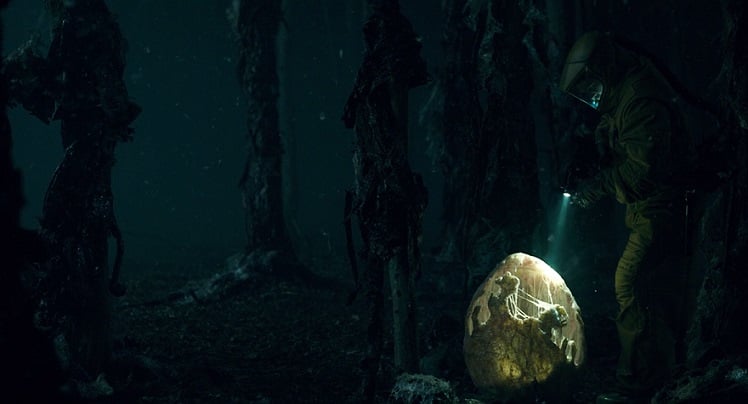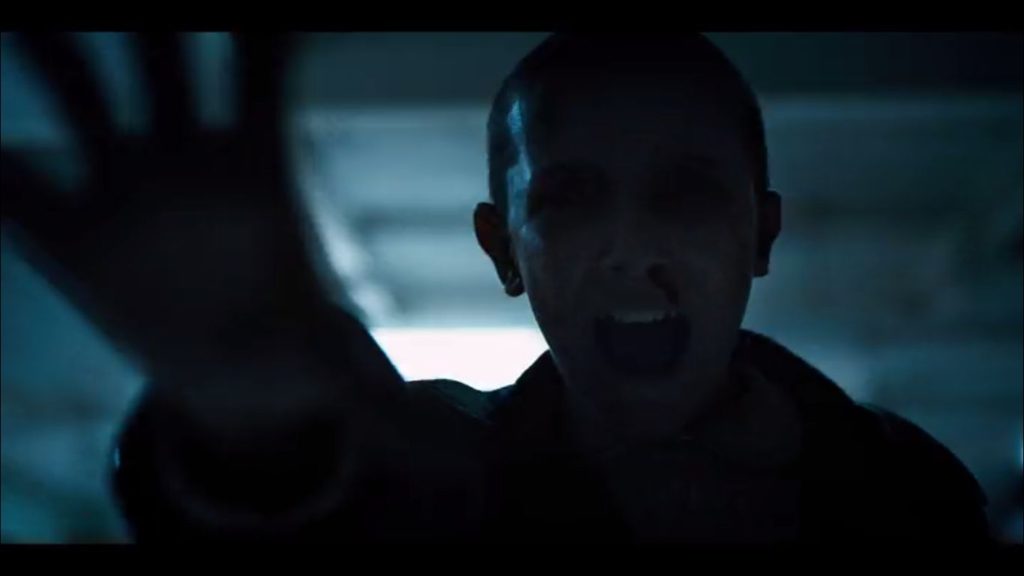As a part of my new personal initiative to stay active on my blog, I figure I’ll start posting reviews of movies, TV, and whatever else might strike my fancy.
We’ll kick things off with the biggest movie news of this past week: How Stephen King’s IT smashed all sorts of R-rated horror movie opening weekend records.
I’m a massive Stephen King fan. I’ve probably read more King than any other author combined, but I suppose that’s not saying much considering some of his page counts. But books like IT and The Stand prove themselves worth the time investment.
To go off on a slight tangent here, I’ll add The Shining and ‘Salem’s Lot as my other two favorite King books. I’d still love to see a good version of the former that’s truer to the source material than Kubrick’s film, while the latter has actually had two pretty damn good miniseries adaptations. Of course that doesn’t mean it couldn’t use another go-round now that Hollywood was finally able to produce a great adaptation of one of King’s horror novel
(Stand By Me and The Shawshank Redemption are great films, but neither was based on a horror story)
I’ll keep my review portion short and to the point: I thought IT was the best horror film I’ve seen in years. It accomplished that ever-difficult feat of making the viewer really care about the protagonists, and want to see them vanquish the terrifying-but-weirdly-charismatic villain.
IT works as a coming-of-age story, a story about the everyday terrors of living in a small (and seemingly cursed) town, and a tale of doing battle with an ancient monster.
Perhaps the most impressive thing was Andy Muschietti – and the team of screenwriters – creating the perfect sort of momentum. When the members of the Losers Club were terrified of Pennywise, then the clown was presented as the most intensely terrifying thing possible. And, towards the end, when the Losers began believing in their ability to defeat IT, the viewer was carried right along in that emotional wave as well.
I’d be remiss if I didn’t mention how good all the kids and Bill Skarsgard were. I’ll always have a soft spot for Tim Curry’s Pennywise, if only because the 1990 miniseries hit me at a very impressionable time in my life, and I was the same age as the protagonists were at the time.
But Skarsgard’s Pennywise scared me when I’m 38 rather than 11, and that’s a bigger accomplishment (the R-rating and advances in visual effects sure didn’t hurt his efforts).
The subject of experiencing IT as a child and re-visiting it as an adult is the perfect segway to my last two cents. Everyone else is throwing their dream cast around for IT Chapter Two, so I’ll offer mine below.
I gave myself a few rules to follow:
- The actors need to be able to embody the attributes of the adult versions of their Losers Club child counterparts.
- The actors have to be people who might realistically be cast in the role. So we’re avoiding megastars, and actors who command mega-millions in salary.
- They need to be able to sell the audience on the idea of being grown-up versions of the Losers Club. Having a passing resemblance doesn’t hurt here.
Without further adieu:
Bill Denbrough – Jaedan Lieberher
Adult: Charlie Cox
We need someone who can display the scars from a traumatic childhood – Bill more than the others because of the way he lost his brother – but who can also snap into the leadership role when the time comes to confront Pennywise one last time. I feel like Cox brought both those sides to the table over the course of playing Matt Murdock/Daredevil for three seasons.
Richie Tozier – Finn Wolfhard
Adult: Paul Rudd
Rudd can sell Richie as a successful comedian, being one himself, who can simultaneously annoy his old friends and endear himself to them. His performance as Ant-Man also showed that he can shift into the hero mode needed to face down Pennywise.
Beverly Marsh – Sophia Lillis
Adult: Amy Adams
Jessica Chastain’s name has been bandied about for this part, and having worked with Muschietti in the director’s debut feature Mama might give her an edge. But I like the idea of Adams bringing the same emotional energy that she brought to Arrival to the role of Beverly Marsh. If you can deliver an honest emotional response to time bending back into itself once, I believe you can do it again.
Ben Hanscom – Jeremy Ray Taylor
Adult: Nikolaj Coster-Waldau
Several actors come to mind that could probably play the part of a formerly overweight punching bag who grew up to be a hunky architect. There were guys like Chris Pratt (too expensive) or Nathan Fillion (doesn’t quite have the gravity) so I went with Coster-Waldau, who’s been killing it in an ensemble over 6 seasons of Game Of Thrones, and who also worked with Muschietti in Mama.
Eddie Kaspbrak – Jack Dylan Grazer
Adult: Adam Scott
I’ll have to re-visit IT sometime to confirm this, but I felt that Eddie delivered just as many laughs as Richie. Therefore, we’re casting another comedian who has also shown some dramatic chops in things like Big Little Lies and Friends With Kids. Wouldn’t hurt to bring over some of that frazzled Ben Wyatt energy from Parks And Recreations either.
Mike Hanlon – Chosen Jacobs
Adult: Michael Kenneth Williams
Mike is the one who stayed behind to “keep the watchtower” so he’s spent the past 27 years serving as a librarian in Derry while his friends all dispersed to enjoy highly successful lives in blissful forgetfulness of their child-eating nemesis. Needless to say, Omar from The Wire has definitely seen some shit. Williams can bring both the shakiness that comes from realizing that the monster is feeding again, as well as the steely resolve needed to drag people he cares about back into the horror as the only ones who have a chance to stop IT.
Stanley Uris – Wyatt Oleff
Adult: Jason Segel
**SPOILER ALERT**
Stanley doesn’t last very long, opting to off himself rather than return to the place where he almost had his face eaten by the nightmare lady from his father’s creepy-ass office painting. Segel is a familiar face that the audience will be comfortable enough with to effectively feel the impact when he takes that fateful bath.
That’s what I’ve got for now. I’ll be back soon, so thanks for taking the time to humor me with a read.
